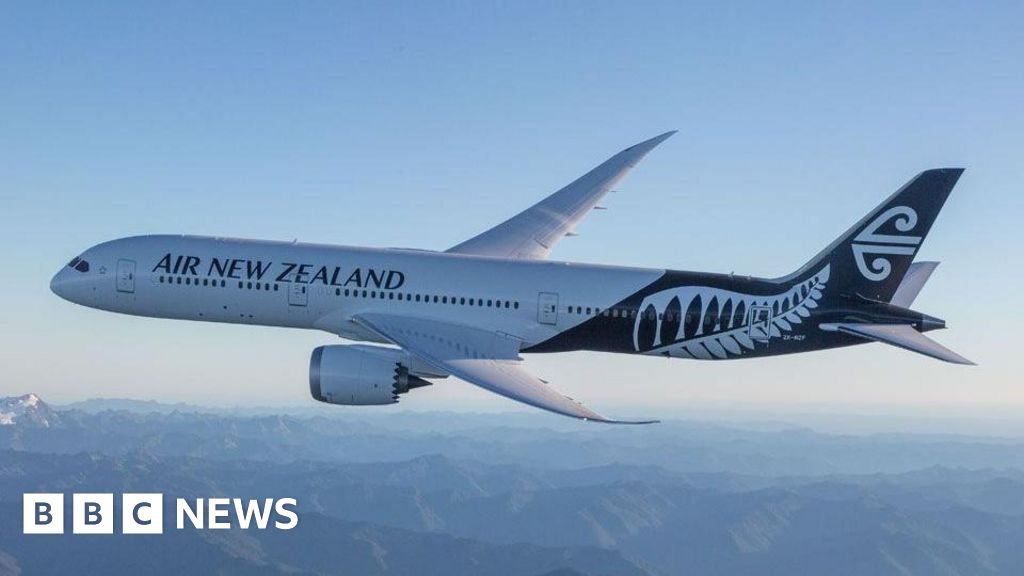- cross-posted to:
- climate@slrpnk.net
- cross-posted to:
- climate@slrpnk.net
Air New Zealand has abandoned a 2030 goal to cut its carbon emissions, blaming difficulties securing more efficient planes and sustainable jet fuel.
The move makes it the first major carrier to back away from such a climate target.
The airline added it is working on a new short-term target and it remains committed to an industry-wide goal of achieving net zero emissions by 2050.
The aviation industry is estimated to produce around 2% of global carbon dioxide emissions, which airlines have been trying to reduce with measures including replacing older aircraft and using fuel from renewable sources.



I understand your point, but the original claim was that spirits and cola could be the same price. My argument was that spirits have a much more involved manufacturing process which raises the price. In my opinion, watered down cleaning alcohol has a different manufacturing process and wouldn’t count - whether government prohibits it or not. It’s a different product, made a different way, so of course it’s going to have a different cost.
Thinking of it another way, and trying to play devil’s advocate against myself to think this through, what if government said that cola needed to come with a side of premium caviar? It would raise the cost, and government would have caused it, but it would also be a different product. That doesn’t mean that if you got rid of government regulation, cola with a side of caviar would cost the same as cola without caviar, spirits, or diluted cleaning alcohol. It just means that the regulation alone wasn’t what made it expensive, because there are intrinsic manufacturing costs regardless.
Yeah, and I’m not disputing your point beyond that “no regulations” would be weirdly bad, not just normally bad.